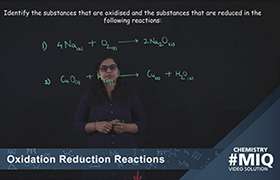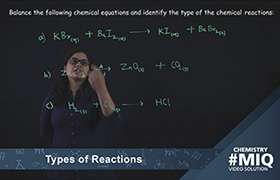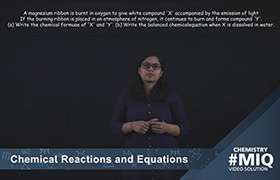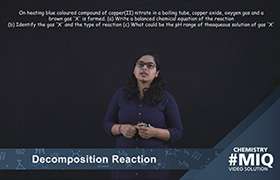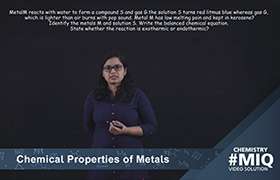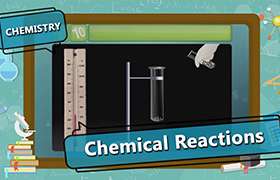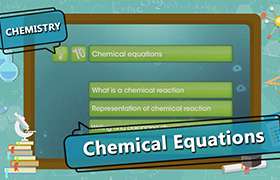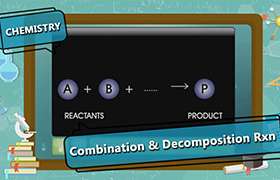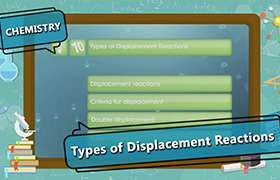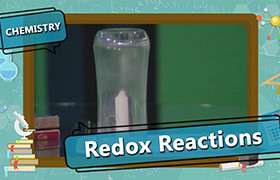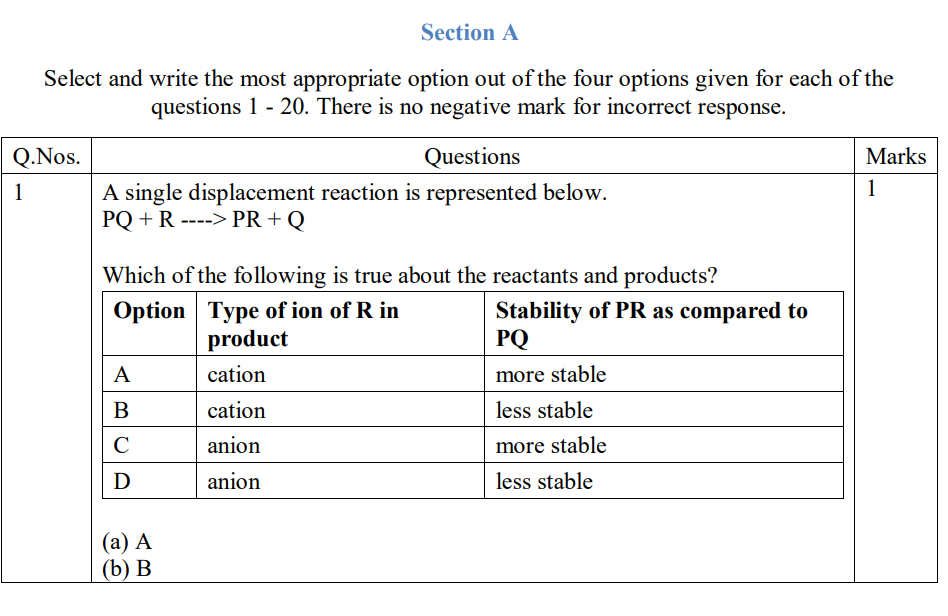CBSE Class 10 Answered
Matter is destroyed during a nuclear reaction such as in fusion or fission, but that is emitted in the form of energy.
Particles of elements break down or combine releasing huge amount of energy as the energy mass equivalence theorem says energy=mass x speed of light, which states the energy released = matter destroyed. So, basically the destroyed mass is conserved in the form of energy.
In fission, a heavy atomic element is split and some of the mass is given off as energy. Not that it is not "destroyed", since mass and energy are always conserved. The missing mass is converted to energy.
Take as an example the U-235 isotope of uranium. A fission reaction starts when it is struck by a neutron. The atom splits, releasing three neutrons in the process and some energy. The energy released is about 0.1% of the mass of the nucleus, and much of the missing mass is released as photons.

